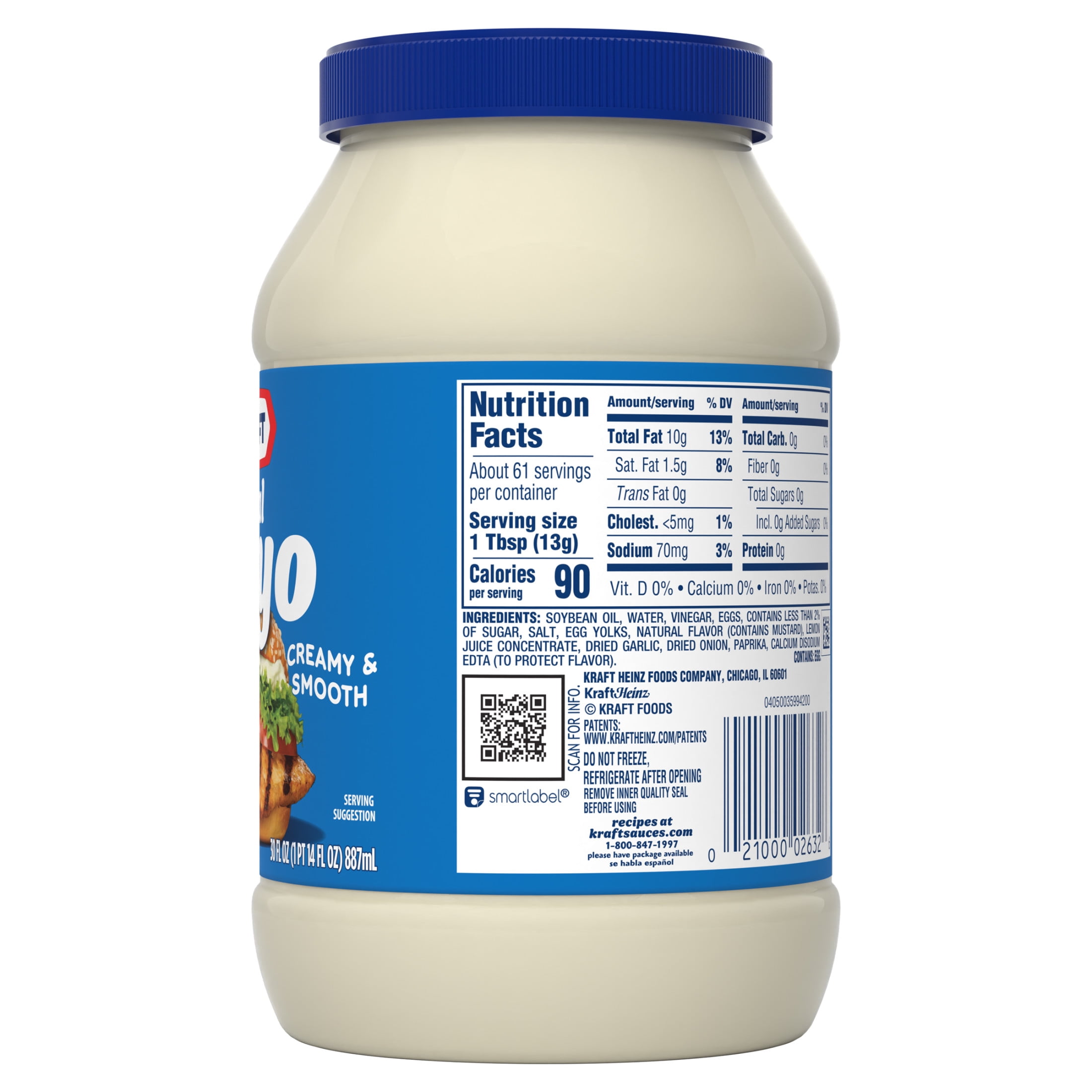Effective Guide to Diet Coke Nutrition: Explore Benefits & Ingredients in 2025

In an age where health consciousness is on the rise, understanding the nutritional aspects of popular beverages like Diet Coke has become increasingly important. This article delves into the essential Diet Coke nutrition facts, revealing benefits, ingredients, and how it stacks up against its sugary counterpart. Whether you're exploring its diet coke calories or considering it as part of your diet plan, we've got you covered with an engaging, informative guide to navigate the intricate world of Diet Coke.
As a low-calorie beverage, Diet Coke presents itself as a favorable alternative for those aiming to manage their weight without sacrificing flavor. Throughout this guide, we will examine the various ingredients, the health effects of Diet Coke, its sugar content compared to regular Coke, and its role in fitness. Additionally, we will highlight the potential risks associated with its consumption, including concerns over artificial sweeteners.
By the end of this comprehensive piece, readers will gain insight into how Diet Coke fits into a healthful lifestyle, its popular flavors, and its evolving position in the beverage market. Let’s dive into the fascinating world of Diet Coke, examining everything from its nutritional value to its broader implications on health and well-being.
Understanding Diet Coke Ingredients and Nutrition
Building on the importance of nutrition, it's crucial to dissect what exactly goes into a can of Diet Coke. Understanding the diet coke ingredients and their respective purposes sheds light on its nutritional profile.
Diet Coke Composition
Diet Coke primarily consists of carbonated water, caramel color, aspartame, phosphoric acid, potassium benzoate, caffeine, citric acid, and natural flavors. Each ingredient plays a distinct role:
- Carbonated water: The base for all sodas that provides the fizzy sensation.
- Aspartame: An artificial sweetener that replaces sugar, significantly reducing calorie intake.
- Caffeine: Adds a slight energy boost while also stimulating the metabolism.
Nutritional Value of Diet Coke
One of the appealing aspects of Diet Coke is its impressive diet coke nutritional value. A standard 12 fl oz can contains roughly 0 calories, making it an enticing choice for calorie-conscious consumers. This stark contrast with regular Coke, which has approximately 140 calories in the same serving, is a critical distinction. For those on a diet or aiming for weight management, Diet Coke may help satisfy soda cravings without the added sugars.
Potential Health Benefits of Diet Coke
When consumed in moderation, Diet Coke offers certain health advantages over sugary beverages. It helps in diet coke and weight loss plans by allowing individuals to enjoy a sweet, carbonated beverage without the associated calories. Additionally, the absence of sugar aids in preventive dental health compared to sugar-laden drinks, making it a preferred option among individuals focused on oral hygiene.
Diet Coke Effects on Health and Hydration
With these factors established, it’s essential to explore the broader health implications of consuming Diet Coke. How does it impact diet coke health effects and overall hydration?
Diet Coke and Hydration
While Diet Coke can quench thirst, many people wonder if it genuinely contributes to hydration. Researchers often debate soda's impact on fluid balance, but studies suggest that consuming carbonated beverages does provide hydration. However, excessive consumption may lead to increased caffeine intake, potentially causing dehydration if not balanced with water intake.
Diet Coke and Blood Sugar Levels
As a no-sugar beverage, Diet Coke does not spike blood sugar levels, making it appealing for individuals managing diabetes or those concerned about their diet coke and blood sugar. The absence of inherent sugars allows individuals to relish in the flavors while maintaining even blood glucose levels. Regular monitoring is suggested, though, since individual responses to artificial sweeteners may vary.
Potential Risks Associated with Diet Coke Consumption
Despite its benefits, it is crucial to be aware of the diet coke consumption risks. Concerns around artificial sweeteners, particularly aspartame, have been raised, indicating potential links to health issues. Some studies suggest that the regular intake of artificial sweeteners may lead to cravings for more sugary foods, impacting overall diet quality.
Comparing Diet Coke with Regular Coke and Other Sodas
With an understanding of its nutritional aspects, comparing diet coke vs regular coke and other sodas can illuminate why many opt for Diet Coke.
Caloric Differences and Dietary Impacts
The primary contrast lies in the calorie content; Diet Coke is calorie-free, while regular Coke contains about 140 calories per can. This significant disparity introduces Diet Coke as a solution for individuals aiming to reduce their caloric intake without sacrificing flavor. When comparing calorie counts, Diet Coke stands out as the better choice for diet coke for dieting.
Flavor Profiles and Variants
Exploring the variations in Diet Coke flavors can also help consumers find options that suit their palate. The flavor arsenal includes Diet Coke’s classic taste and variants such as Diet Coke with Lime and Diet Coke with Cherry. Each offers distinct taste profiles while maintaining low-calorie content, allowing for personalization in beverage choices without compromising on dietary goals.
Impact on Fitness and Performance
Many fitness enthusiasts wonder about the role of Diet Coke in their routines. Incorporating Diet Coke into a workout regime can provide psychological satisfaction without calorie overload. Moreover, diet coke and exercise can offer a mild caffeine boost for improved focus during workouts. However, it's advisable to balance it with adequate water intake, especially post-exercise, to avoid hydration concerns associated with caffeine.
Diet Coke and Fasting: Is It Compatible?
As trends in intermittent fasting rise, many people inquire about diet coke and fasting. Can it be consumed while adhering to fasting protocols?
Understanding Fasting and Beverage Options
During fasting periods, beverage choices are critical. Diet Coke, being calorie-free, can be consumed without breaking a fast, making it attractive to those practicing intermittent fasting. However, moderation is key; while it doesn’t contain calories, excessive caffeine may have other health implications.
Diet Coke as a Fasting Aid
Many find that Diet Coke can help curb hunger when fasting, due to its flavor and carbonation, which may offer a sense of satisfaction without caloric intake. Still, individuals should listen to their bodies and consider personal tolerances, as some may experience cravings for sweetness with artificial options.
When to Avoid Diet Coke During Fasting
However, consuming Diet Coke during fasting is not universally recommended. Individuals with sensitivities or those looking to maximize the benefits of fasting might opt for plain water or herbal teas instead. Using Diet Coke sparingly aligns more effectively with long-term health and wellness goals.
Final Thoughts on Diet Coke Nutrition and Consumption
Concluding our exploration of Diet Coke, we’ve highlighted its unique appeal amidst health trends. With understanding around diet coke daily intake and health implications, consumers can make informed choices. As with any food or drink, moderation is essential; understanding how Diet Coke fits into the broader context of your dietary habits promotes a well-rounded lifestyle.
Recommendations for Consumption
For those considering Diet Coke as part of their routine, aim for moderation. A can a day can serve as an enjoyable treat without derailing health goals. Paying attention to personal reactions is essential, as some may experience side effects due to caffeine or artificial sweeteners.
The Future of Diet Coke in Your Diet
As consumer preferences evolve towards health-conscious choices, the market for diet coke health reviews and similar products is likely to expand. Future generations may re-evaluate their beverage options, and Diet Coke could stand the test of time as a popular choice if it continues to align with consumer desires for flavor and health.

Overall, Diet Coke serves as both a refreshing beverage and a companion in achieving dietary goals. Whether it's through its low-calorie profile or strategic inclusion in meal plans, Diet Coke can support various consumer lifestyles. Explore more about diet coke consumption statistics or dive into diet coke product lines for further insights.
